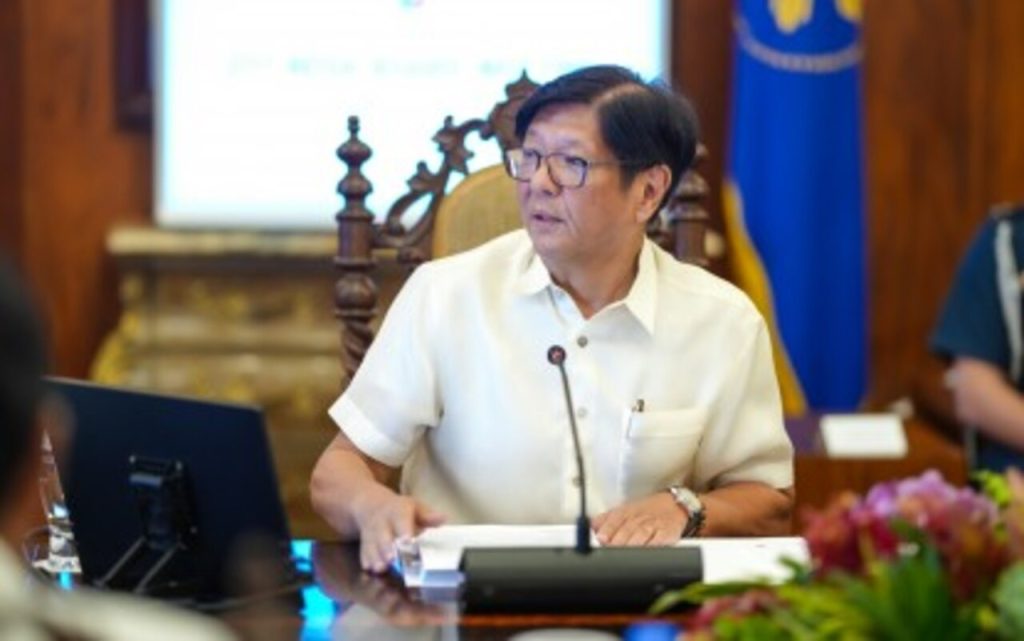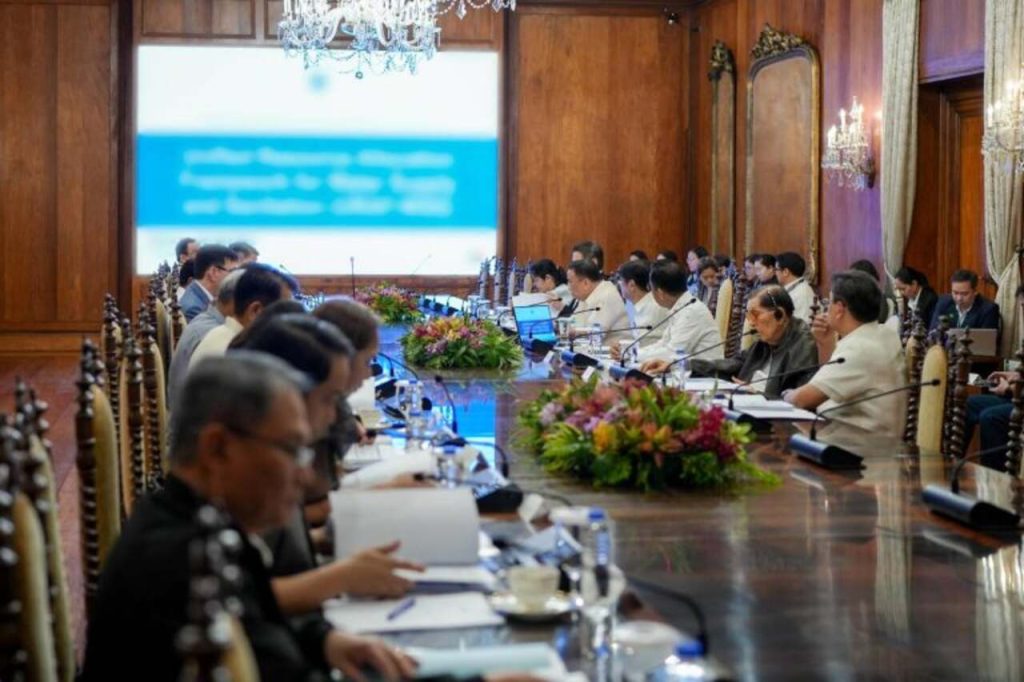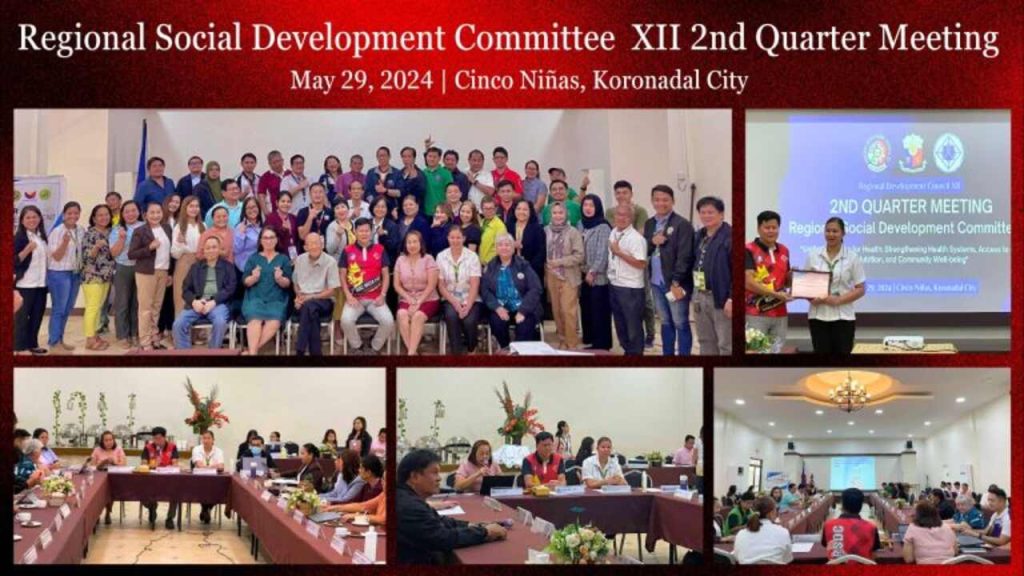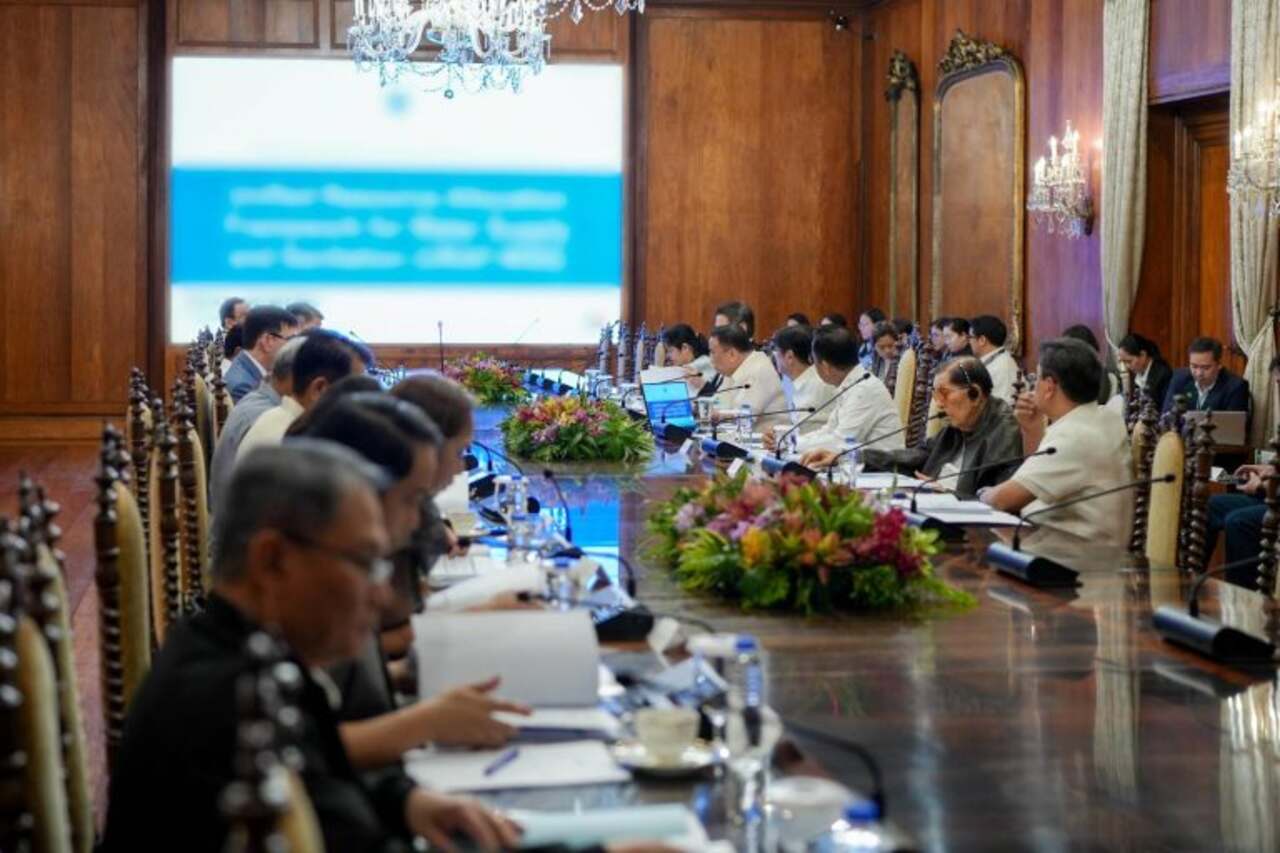President Ferdinand “Bongbong” Marcos Jr. has approved a groundbreaking project aimed at building a resilient health system in the Philippines. The Department of Health’s (DOH) flagship initiative, called the “Philippines: Health System Resilience Project (HSRP), Phase 1,” was given the green light during the 21st National Economic and Development Authority (NEDA) Board meeting on October 16, 2024. The program seeks to improve the country’s healthcare capabilities, focusing on emergency preparedness and response in vulnerable areas.

The project, which costs PHP27.921 billion, is part of the government’s efforts to apply lessons learned from the COVID-19 pandemic. The Health Resilient System Project (HRSP) will provide comprehensive support for enhancing health services in provinces with limited healthcare access. This initiative aligns with the broader goals set out in the Philippine Development Plan (PDP) 2023-2028.
Health System Resilience Project Overview
The HRSP is designed to address the critical need for a more robust health system that can effectively respond to future health crises. Key elements of the project include health emergency prevention, preparedness, and response, all tailored to local needs. According to President Marcos, the project is not a “general” program but one that is specifically developed for the Philippines, targeting areas with significant healthcare challenges.

The program’s objectives are extensive, covering a range of activities from building an enabling environment for healthcare delivery to ensuring project management, monitoring, and evaluation. One of the project’s notable features is the Contingency Emergency Response Component (CERC), which will enable quick reactions to emergencies in the selected pilot areas.
Pilot Areas for Implementation
To kick-start the program, the DOH has identified 17 provinces that will serve as the pilot locations for Phase 1 of the Health System Resilience Project. These areas have been chosen based on their healthcare deficiencies, with a focus on providing better access to medical services. By prioritizing regions that struggle with healthcare access, the project aims to reduce disparities and improve overall health outcomes.
Secretary of Health Teodoro Herbosa presented the initiative to the NEDA Board, where it received positive feedback from President Marcos. The President emphasized that the program would help resolve the weaknesses in the country’s healthcare infrastructure exposed by the pandemic. “Maganda ito kasi specific to the Philippines. It’s not a general … (it is) specific even to the area,” Marcos remarked during the meeting, noting the project’s strategic design.
Funding and Global Support
The project will be funded through Official Development Assistance (ODA) from the World Bank. The financial backing highlights the importance of international partnerships in addressing long-term healthcare challenges. As the Philippines continues to recover from the pandemic’s impacts, investments in health system resilience are seen as essential to ensuring the country is better equipped to handle future health emergencies.
The HRSP is a five-year program and forms part of the government’s broader effort to modernize healthcare infrastructure nationwide. By focusing on the most vulnerable regions, the initiative aims to provide more equitable healthcare services, improving outcomes for millions of Filipinos.
National and Regional Support
In addition to national-level backing, the project has also gained support from regional development councils. For instance, the Regional Development Council (RDC) of Region XII has endorsed the program for implementation in South Cotabato and Sultan Kudarat. The RDC’s Social Development Committee expressed that the HRSP would greatly benefit local communities by strengthening healthcare systems at the provincial level.

Beyond the health resilience project, other initiatives are also underway to improve healthcare services across the country. For example, the establishment of a Regional Blood Council in SOCCSKSARGEN, which was discussed during the NEDA Board meeting, aims to address blood donation and transfusion needs, contributing to better health outcomes across multiple regions.
Future of Healthcare in the Philippines
As the Philippines looks to the future, projects like the Health Resilient System Project will play a crucial role in ensuring that the healthcare system is robust and adaptable to various challenges. President Marcos highlighted the importance of such initiatives in the broader context of the Philippine Development Plan, which prioritizes investments in infrastructure, including healthcare.
The approval of the HRSP marks a significant milestone in the government’s efforts to strengthen the country’s health system. As Phase 1 of the program rolls out in the identified pilot provinces, lessons learned from this phase will be critical in expanding the initiative to other parts of the country. By enhancing health emergency preparedness, response, and overall service delivery, the program aims to transform the healthcare landscape in the Philippines.
